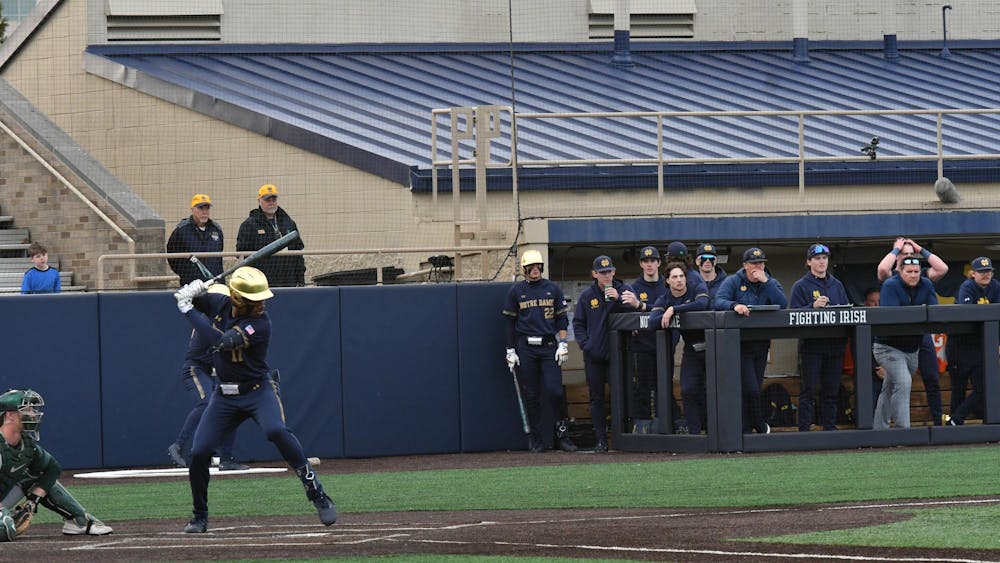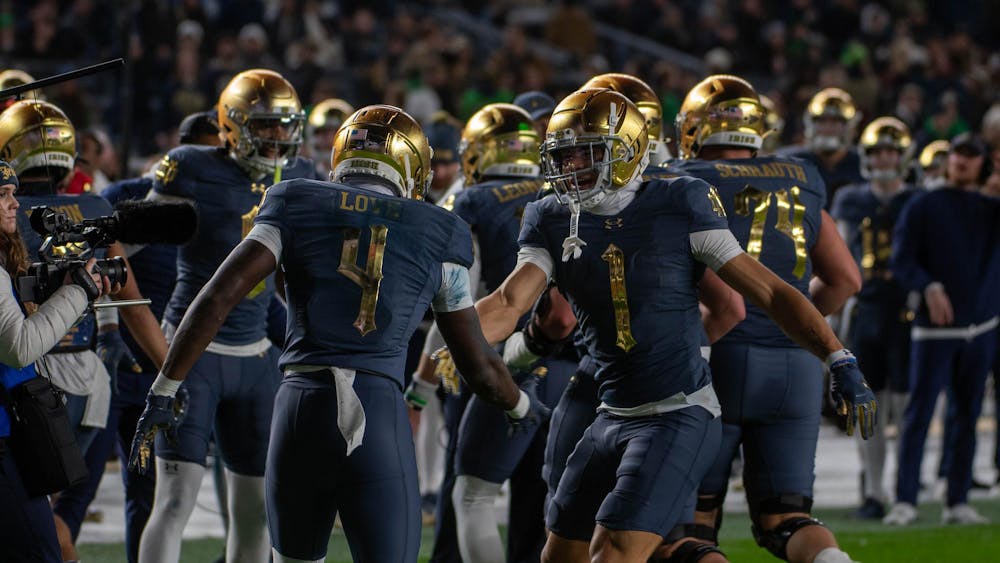The college football coaching carousel kicked into full gear over Thanksgiving weekend, led most notably by Texas’ decision to fire Charlie Strong and hire the crown jewel of this year’s cohort of potential coaching free agents, Tom Herman.
Earlier this week, Ben Padanilam suggested in this space that Strong’s firing was unwarranted, citing an unjustly short leash and lack of administrative support as rationale for claiming his dismissal as premature. While Padanilam and others who have questioned the firing have certainly brought up a number of important issues regarding the fairness of Strong’s tenure, it is absurd to suggest that the dismissal was unwarranted and anything but the right decision for Texas from a purely football perspective.
Strong’s Longhorns haven’t just struggled to win national championships, they’ve struggled to be over .500. In fact, in his admittedly short tenure, Texas never won a bowl game, only qualified once and never finished above .500. Yes, Strong’s character was admirable and seemingly infectious, but the unfortunate reality in college football is that character and likability are worthless unless winning accompanies them, particularly at the most valuable football program in the country.
Need proof? Just look at college football’s second most valuable program. Brian Kelly, despite being just as conceited before the season as he was during and after, is only now confronting denunciation because his team went 4-8; if Notre Dame had went 11-2 this year, Kelly’s continued smearing of the school’s reputation that has defined his tenure would once again be a mere footnote to the same fans and boosters that didn’t criticize the extension he was given just this past January.
Any type of sustained losing at a major program in the current state of college football, which — given the high turnover that defines the profession — can legitimately be characterized as three years, qualifies as prudent justification for a change. Sure, much of Strong’s tenure involved working with rosters that weren’t wholly comprised of his recruits, but he has still almost exclusively worked with highly ranked classes that — no matter what system they are in — are talented enough to at the very least consistently reach the ever-expanding state of bowl eligibility.
Of course, all of this fails to address the other substantial factor guiding the legitimacy of Strong’s firing: the guy who’s replacing him. Tom Herman has been the most talked-about coach on the market for good reason: His ability to skyrocket Houston to national relevance instantly and his indispensability in Ohio State’s 2014 national championship run both seem to suggest that Herman could once again have immediate impact on a talented Texas roster. The fact that the Longhorns’ roster will return a gifted core that includes freshman quarterback Shane Buechele, sophomore linebacker Malik Jefferson and junior running back D’Onta Foreman should not support retaining Strong, but rather motivate a change that ameliorates the chance that their talents are not wasted on more underperforming teams.
The lack of universal support that Strong had from his Texas boosters — some of which can reasonably be derived from the fact that he was the university’s first African-American head coach — and the inconsequential role that his character played in his ultimate firing are certainly indictments on college football’s corrupt nature. However, in a purely football context, the decision to dismiss Strong is one that any other major college football program would have and should have made. Barring an incredible botching in execution, Texas was all but assured to have the pitch and resources to unite Herman with his dream job. There is simply no rational reason to sacrifice such an opportunity for a coach who had the program mired in mediocrity.
Read More
Trending









